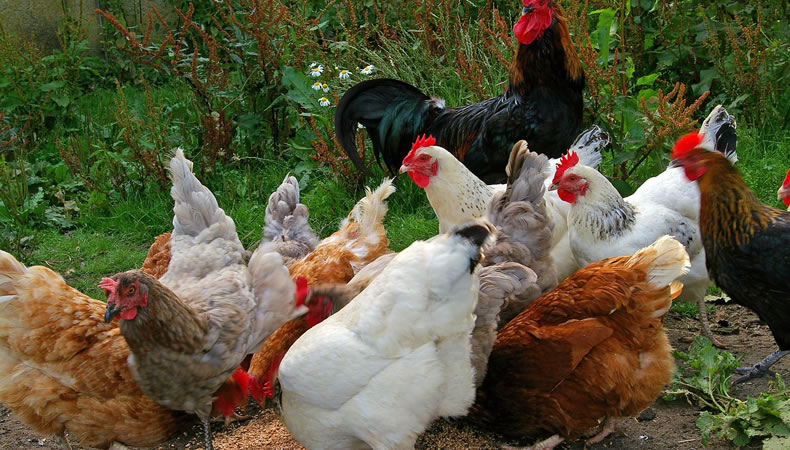Jordanians boycott poultry and eggs after government impose price limitations


After removing a price ceiling earlier this month, citing a spike in the cost of chicken feed, a watchdog accused Jordan’s government of favoring farmers and dealers over consumers. According to The New Arab’s Arabic sister site Al-Araby Al-Jadeed, the National Society for Consumer Protection (NSCP) asked residents to join the boycott, and the Arabic-language hashtag #Chicken Boycott has been trending on social media in recent days.
Large agricultural owners and dealers, according to NSCP president Mohammed Obeidat, “want to cancel the current price ceilings or impose ceilings higher than they are.” The consumer rights organization also encouraged businesses to join the boycott. In March, the government set a price ceiling of between 1.65 and 2 dinars ($2.33–2.82) per kilogram. The price of chicken flesh is presently around $3.50 per kilogram.
Related Posts
According to the NSCP, producers responded to the price cap by reducing the supply of eggs and poultry, forcing the government to reverse its decision on the rates it had established. However, industry ministry spokesman Emad Al-Bazour stated that if inappropriate price increases are proven, the ministry will intervene. He stated that the ministry is attempting to avoid such price increases while also taking into account increased production expenses.
According to government officials, Jordan’s domestic chicken consumption is projected to be around 700,000 chickens per day, with producers able to cover 130 percent of that, indicating a surplus. Jordan produces plenty locally, according to Agriculture Ministry spokesman Lawrence Al-Majali, and imports are welcome.
According to estimates from a local industry union, the monarchy imported an estimated 85 percent of its total food from abroad due to local production limitations. The Jordanian government has taken a number of steps to combat price rises, including a 30 percent reduction in inspection charges for imported items.









